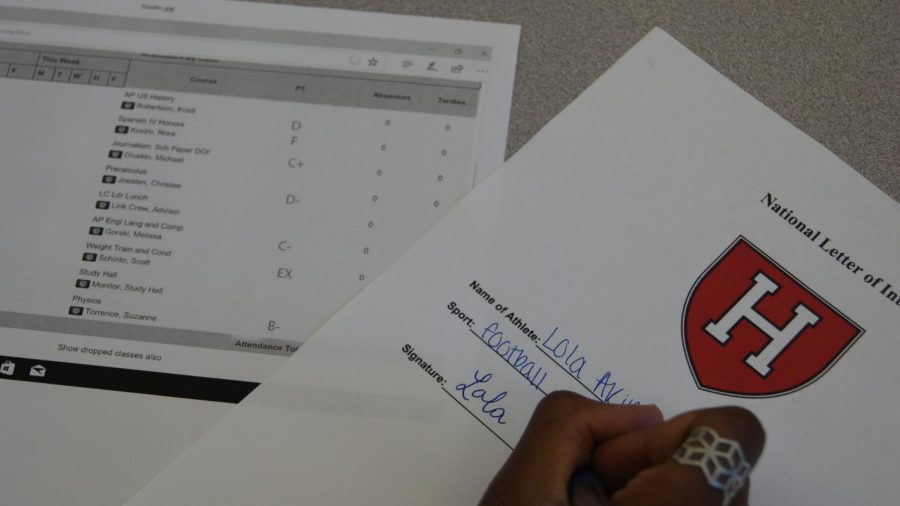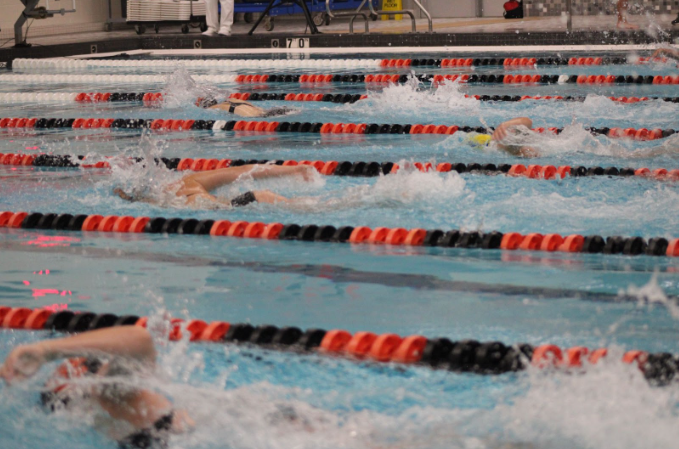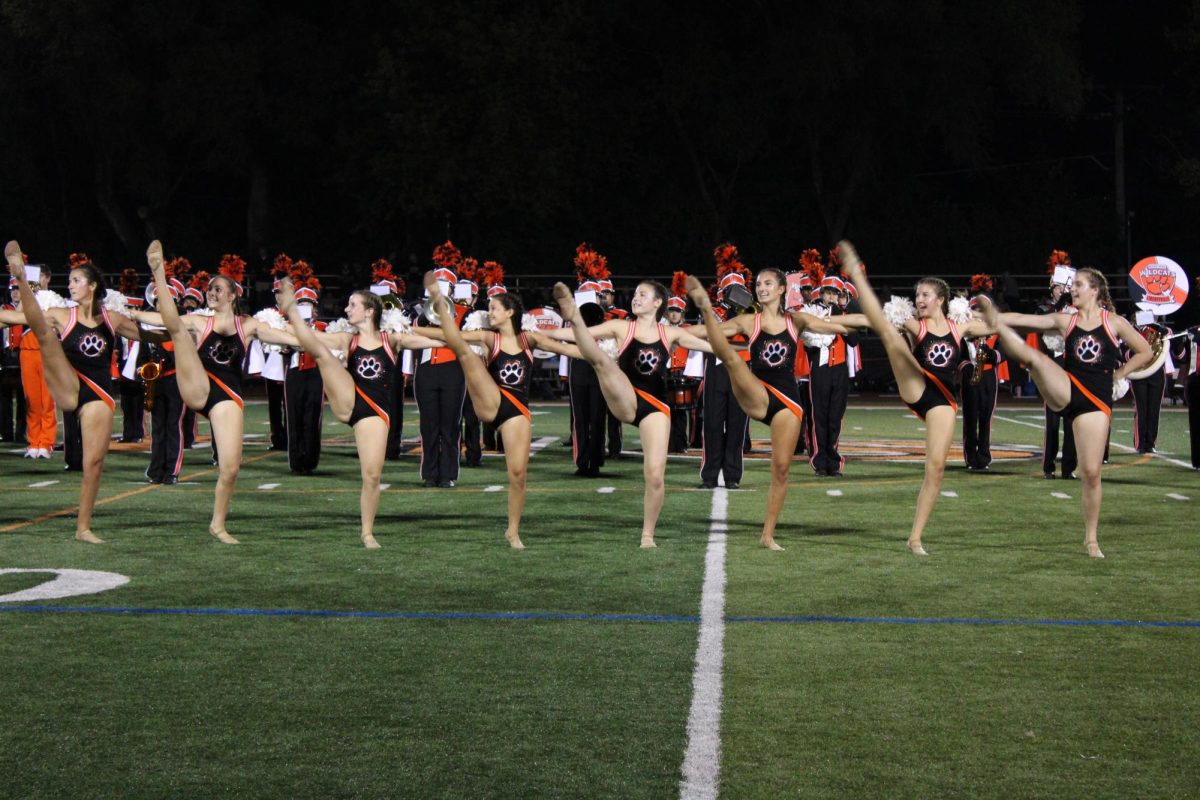Academics > Athletics
Athletes are accepted into ivy league universities, despite not having the grades to be accepted.
October 24, 2017
I just want to start out by saying that I am not an athlete. However, I do appreciate all the immense effort that athletes put into their sports, and I find their dedication incredibly admirable.
While I am not an athlete, I am a student: a student who is applying to college. And it is not fair when an athlete who may have gotten a 20 on the ACT, has a 3.0 GPA and does no extracurriculars but sports gets into a prestigious school. Getting accepted into highly prestigious schools solely based on athletic abilities is nonsensical. It not only hurts the athlete’s academic performance because they will most likely not succeed well in an academically rigorous environment, but it also tells students that academics are less important than sports.
I want to clarify that I’m in no way targeting the athletes for their craft because it’s not their fault. If I was accepted into Yale because of my athletic abilities, there would be no doubt that I would call myself a Bulldog and be decked out in blue and white the next day, who wouldn’t jump on such an amazing opportunity?! So athletes aren’t the ones to blame here; there is only one source to blame for this: the college system.
College is a game. It’s a business. So, one of the ways that colleges try to brand themselves is by being good — at everything, including their sports teams. According to The New York Times, up to 20 percent of the spots at most top universities are reserved for recruited athletes. For a school that has an acceptance rate of 15 percent, New York Times reported that recruited athletes’ acceptance rate boosts to around 80 to 90 percent. They are more than five times as likely to get into a prestigious school because of the sport they play.
In addition, of that 20 percent of athletes accepted, many of them come in well below the standard of the school. Sports are very important, but 20 percent seems like an excessive amount of spots that are lost to athletes. Academic qualifications should be taken into greater consideration when recruiting athletes for prestigious universities (these are the most selective colleges in the U.S.!). College sports recruiters should look at potential student candidates not just as someone who can better their sports teams, but also at how their minds can better the academic component of the institution.
An athlete needs to be viewed more holistically. The brain is arguably the most important organ in the human body and should be valued highly when considering potential students admits for prestigious institutions.
When it is more likely to be accepted into a prestigious school based on athletics, the incentives for doing well academically are diminished. I cannot stress how important academics are in our modern society. Everything in life is shaped around learning. Being a good learner, or just having the drive to learn in general, should be an essential characteristic when considering potential admits to prestigious colleges. If an athlete can successfully balance an academically rigorous curriculum (they don’t have to be Einstein but at least smart enough for an Ivy) and excel in athletics as well, then they should be accepted into prestigious colleges.
Some may argue that students excel in all different arenas, and athletics may just be an area where a student thrives and therefore, they should be commended by getting accepting into a prestigious school because of this. To that, I would say, yes, that is a valid thought. However, a student who thrives in athletics and not so much in academics should not be getting admitted into a school that is so academically rigorous.
There are more than 1,400 colleges in the U.S., and I’m positive that there is a better fit than Harvard or Yale or Princeton or Brown for a student gifted athletically but not academically.








